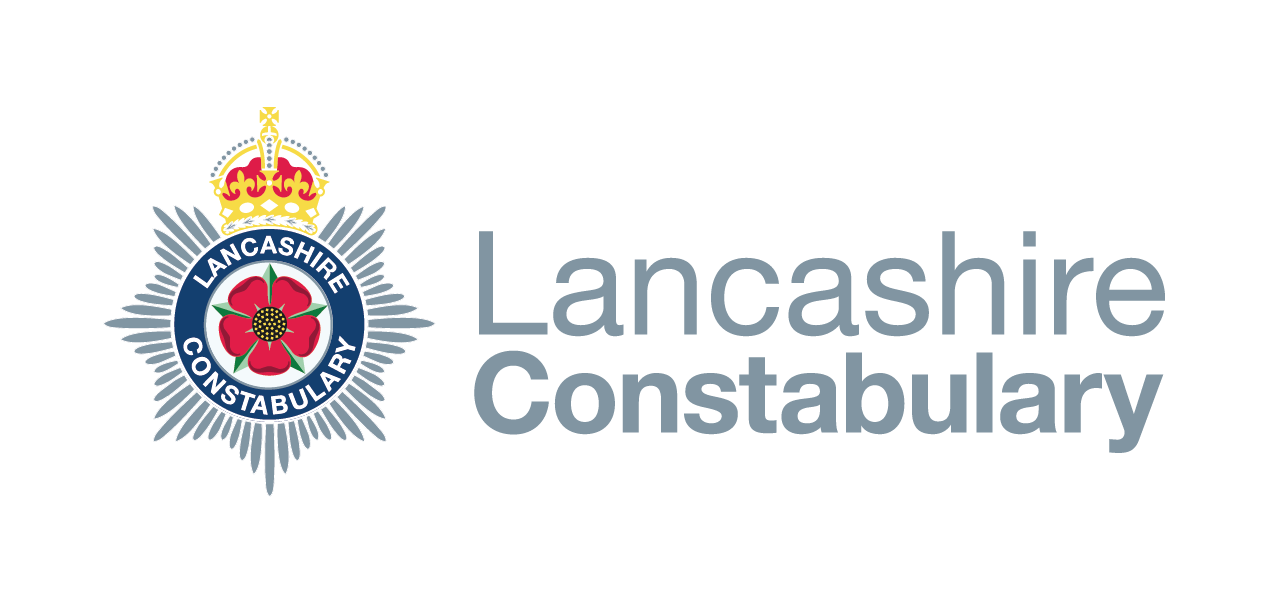NICE2SHARE FAQs
What is NICE2SHARE?
NICE2SHARE is a public campaign run by Lancashire Constabulary to inform our communities of the benefits of registering for a community portal account within Lancashire Constabulary’s NICE INVESTIGATE system (a digital evidence management system). Businesses and members of the public can create an account and register the location of their CCTV or digital recording device (i.e., a digital doorbell). In the event of a crime, investigators can request footage from businesses and members of the public via the community portal account helping to detect crime in your area. Footage can then be sent to Lancashire Constabulary electronically through the community portal rather than by a USB or CD.
Can Lancashire Constabulary access my cameras?
Lancashire Constabulary does not have direct access to CCTV or the digital recording device that you have registered. The community portal account records the fact that there is CCTV or a digital recording device at your registered location. Any request for footage will be sent to your registered email address and you can choose to respond at a time that is convenient for you.
Information on responding to a request can be found here.
What are the benefits to me?
Footage from CCTV and digital recording devices is often crucial in investigations. It provides information about the sequence of events, methods used and the entry and exit routes taken by the offender. Footage can, therefore, be used to prove or disprove allegations against a suspect.
CCTV and digital recording device footage could result in the guilty plea of the suspect reducing the need for trials resulting in victims of crime receiving quicker outcomes. The public have an expectation that crimes will be investigated quickly and effectively and the NICE2SHARE initiative will ensure officers can request key evidence in a more efficient way.
Opportunistic criminals are known to commit crimes more often in locations without CCTV and digital recording devices because there is a perceived reduced risk of being caught. Knowing that residents are signed up to NICE INVESTIGATE’s community portal aims to deter criminals.
Requests for CCTV or digital recording device footage can be responded to at a time convenient to you as evidence can be uploaded digitally. This prevents the need for police officers to visit a home address to collect hard copies of the footage.
How do I register?
Begin the registration process by completing this form (https://forms.office.com/e/3ymty4R8GQ). Registration is free and simple. Once you complete the form a registration link will be sent to you from noreply-business@digital-policing.co.uk. A sign-up guide is also sent via email to help with the process. Once you create an account you can add single or multiple cameras.
Further registration info is available here.
Information for administration of your account can be found here.
What information do I have to provide to open an account?
To register for a community portal account, you will need to provide your name, address, location details, telephone number and email address. In addition, you can provide information on your CCTV digital recording device cameras, including details on where these are located.
How do you process my data?
The personal data used to create a community portal account will only be used for the purposes of registering for the account. However, footage that you share may be used for evidential purposes in instances where it’s use may lead to the prosecution of offenders. In these instances, the evidential footage will be shared with the Crown Prosecution Service and Courts. Any sharing of your personal data will only be undertaken if there is a lawful basis for doing so.
Individuals and businesses can close their account at any time and you can view our Privacy Notice.
How do I close my account?
You can request your account to be closed at any time by contacting us via this form (https://forms.office.com/e/2WFjMuiucA). Any digital evidence you have previously provided will be retained in line with the Force Retention Schedule.
What are my obligations when installing CCTV?
Commercial Property CCTV Laws and Regulations
Although it is more common to see businesses using CCTV technology that does not mean it is easier to install and comply with guidelines. In fact, it is much harder and requires a lot tougher rules and regulations to be followed.
The Information Commissioner's Office has detailed guidance and available on their website (link: CCTV and video surveillance | ICO)
We have summarised the key points when it comes to commercial property CCTV laws and regulations:
- Do not install the CCTV cameras in places where privacy is expected, for example toilets and changing rooms are the most common examples within a business.
- Give one person the responsibility of being in charge of recordings and have limited access to the footage, unless requested by someone in the recordings.
- The business must register as a CCTV operator with the Information Commissioner’s Office (ICO) and state their intentions with the system.
- Only keep the recordings for a reasonable amount of time (typically 30 days from the recording).
- Create a disclosure policy and keep staff access restricted.
- Keep the time and date stamps up to date and showing the correct information in case the footage is needed for evidence or by the police.
- Do not record private conversations between members of the public.
- Appropriate signage must be used and mounted stating that CCTV cameras are in operation on the property.
- Make all of your staff aware of the policies, responsibilities and procedures surrounding commercial CCTV usage.
- One person within your business must be assigned to handle questions, comments and complaints about the CCTV system and a privacy impact assessment must be published.
- Schedule regular audits of your CCTV to ensure you are up to code and publish any relevant findings within an update document.
- Uphold the ethics and operational standards of the CCTV system.
Domestic Property CCTV Laws and Regulations
The use of recording equipment, such as CCTV or smart door bells, to capture video or sound recordings outside the user’s property boundary is not a breach of data protection law.
While people should try to point their CCTV cameras in directions away from others properties to protect and respect their privacy but this isn't always possible.
The Information Commissioner's Office also has guidance for domestic CCTV systems available on their website (link: Domestic CCTV systems | ICO)
When can I hand over CCTV footage?
It is important to know when it’s appropriate and legal to hand over CCTV footage. Request for CCTV footage in relation to police investigations, legal proceedings/insurance purposes and subject access requests are generally considered valid reasons for making this type of disclosure.

